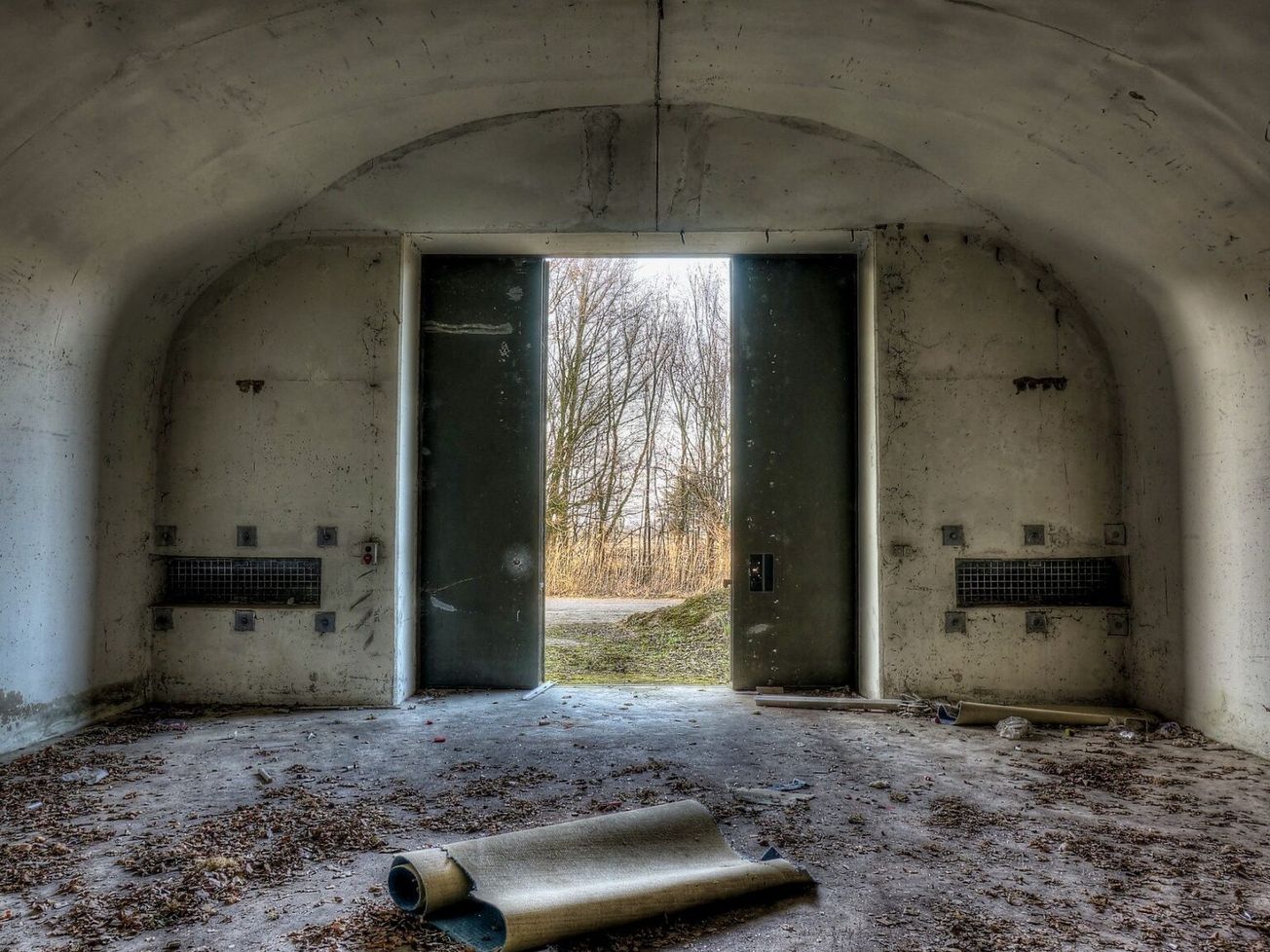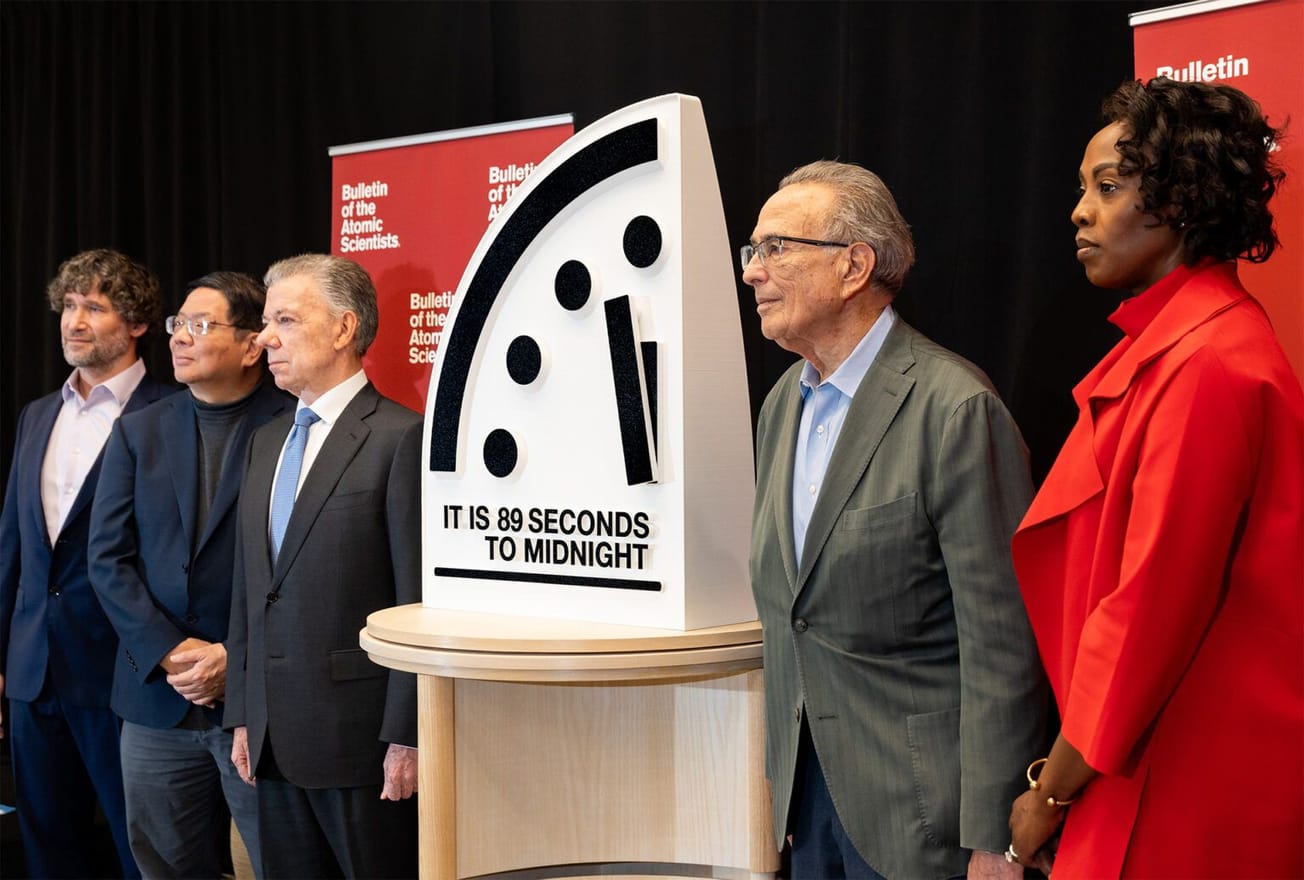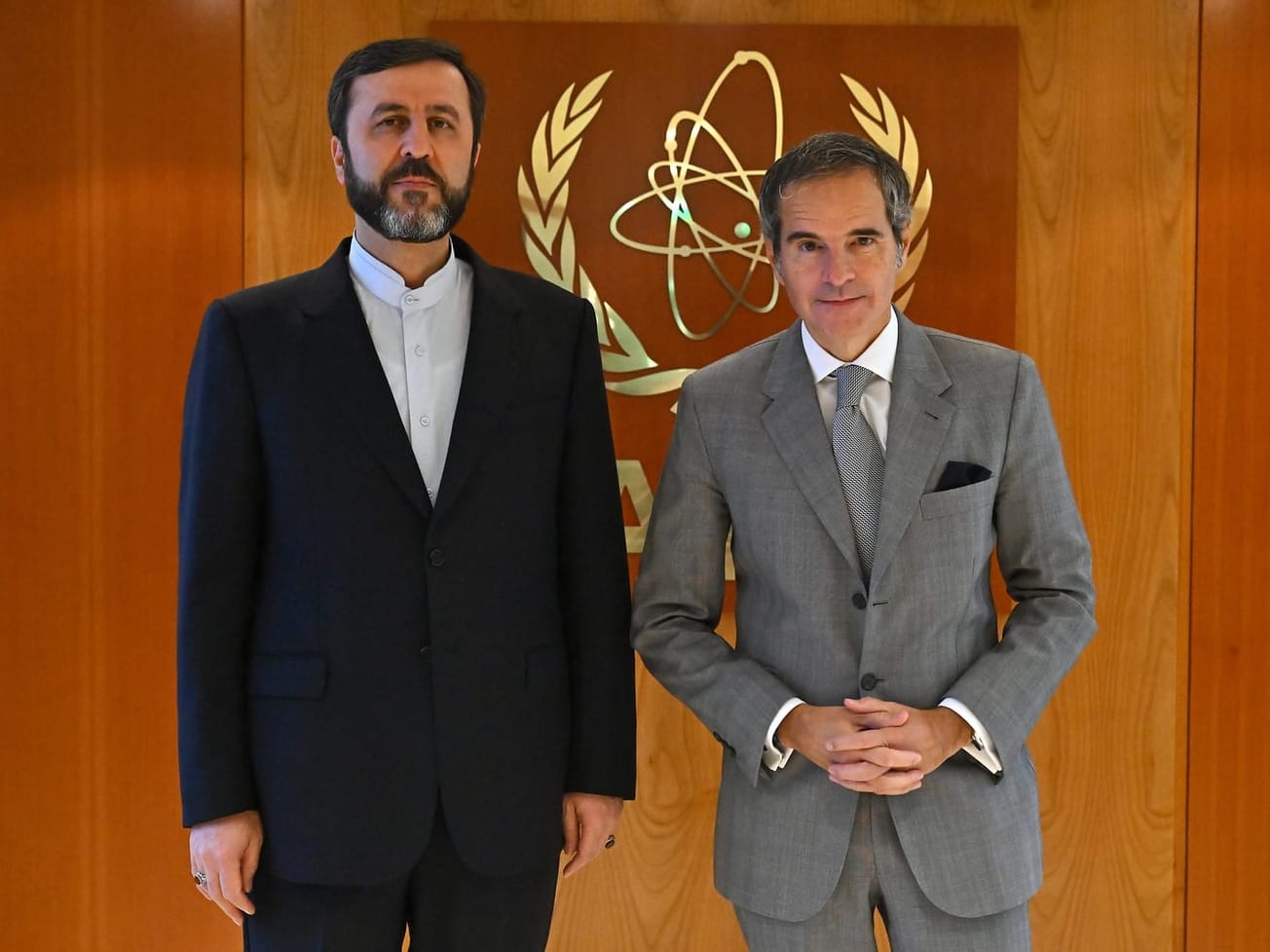UNITED NATIONS (AN) — Fifty nations ratified a treaty to ban nuclear weapons that takes effect in 90 days, the United Nations confirmed on Saturday, the same day the world body was launched 75 years ago to prevent another world war.
The 50th ratification came from Honduras, a day after ratifications by Jamaica and Nauru, and coincided with the anniversary of the U.N. Charter's ratification on October 24, 1945. That gave the Treaty on the Prohibition of Nuclear Weapons, known as the TPNW, the minimum number of nations needed for it to enter into force. The TPNW is now set to become international law on January 22, 2021.
U.N. Secretary-General António Guterres hailed the treaty's impending ratification as a tribute to survivors of nuclear explosions and tests and "the culmination of a worldwide movement to draw attention to the catastrophic humanitarian consequences of any use of nuclear weapons."
In 2017, 122 countries approved the first-ever legally binding treaty to ban nuclear weapons. Survivors of atomic bombs dropped on Hiroshima and Nagasaki in August 1945 at the end of World War II welcomed its passage in the 193-nation U.N. General Assembly, launching the process of ratification.
Proponents of the treaty consider it a useful policy signal towards humanitarian and peace goals in a world of rising nuclear arms risks. The treaty could be used to argue for the first time that nations in possession of nuclear arms are pursuing aims incompatible with international law.
"It represents a meaningful commitment towards the total elimination of nuclear weapons, which remains the highest disarmament priority of the United Nations," said Guterres.
However, it is unclear what practical, immediate effect the TPNW might have beyond serving as a moral signpost. None of the nine countries that are known or believed to have nuclear weapons — Britain, China, France, India, Israel, North Korea, Pakistan, Russia and the United States — embraced the treaty.
Just days before the 50 ratifications were achieved, the United States urged countries that already ratified the TPNW to withdraw their support, The Associated Press reported on Thursday. A U.S. letter to treaty signatories obtained by the AP said Britain, China, France, Russia and the United States — the five permanent, veto-wielding members of the 15-nation U.N. Security Council — were “unified in our opposition to the potential repercussions” of the treaty.
The letter argued the treaty “turns back the clock on verification and disarmament and is dangerous” to implementation of the 1970 Nuclear Nonproliferation Treaty, a cornerstone of global nonproliferation.
https://twitter.com/Sandomendi/status/1320117334292443137?s=20
'Prohibited weapons of mass destruction'
The NPT requires signatory nations not to pursue nuclear weapons in exchange for a commitment by nuclear powers to progress towards nuclear disarmament. Nations that lack nuclear weapons are guaranteed access to peaceful nuclear technology for generating electricity.
However, the International Campaign to Abolish Nuclear Weapons, or ICAN, said the TPNW's entrance into force marks a historic milestone because nuclear weapons have been the only weapons of mass destruction not banned under international law, despite their catastrophic humanitarian consequences.
"Now, with the treaty’s entry into force, we can call nuclear weapons what they are: prohibited weapons of mass destruction, just like chemical weapons and biological weapons," the international organization said in a statement.
ICAN’s Executive Director Beatrice Fihn said "decades of activism have achieved what many said was impossible: nuclear weapons are banned."
Setsuko Thurlow, a survivor of the atomic bombing in Hiroshima who has determinedly told her story around the world, expressed gratitude for the work that went into the treaty's ratification. She is one of fewer than 140,000 atomic bombing survivors, known as hibakusha in Japanese, still alive today.
“This is the first time in international law that we have been so recognized," she said. "We share this recognition with other hibakusha across the world, those who have suffered radioactive harm from nuclear testing, from uranium mining, from secret experimentation.”








